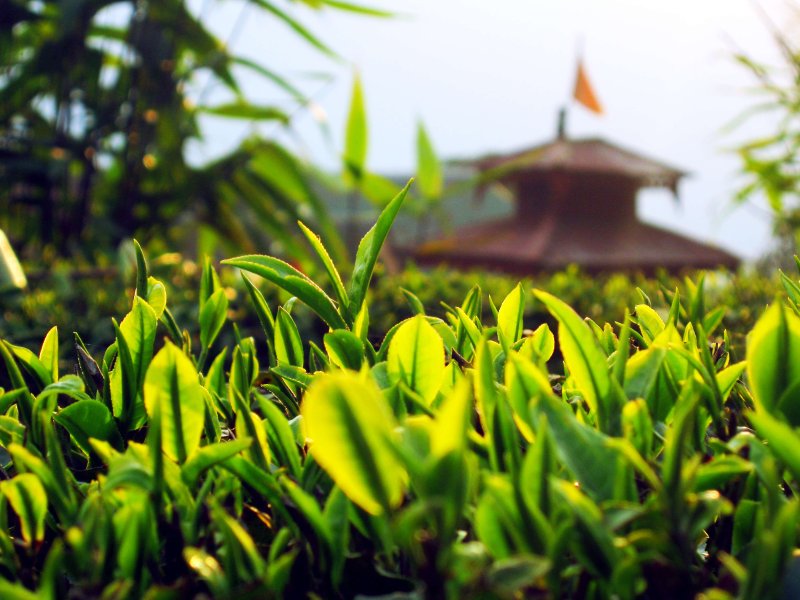A team in China has decoded the genetic building blocks of the tea plant, Camellia sinensis, whose leaves are used for all types of tea, including black, green and oolong.
Until now, little has been known about the genetics of the plant, despite its huge economic and cultural importance.
…
The researchers found that the leaves of the tea plant contain high levels of chemicals that give tea its distinctive flavour. They include flavonoids and caffeine.
…
”Overall, the findings from this study could have a significant impact on those involved in the breeding of tea but also those involved in breeding many plants used medicinally and in cosmetics, as the compounds that occur in tea are often associated with the biological properties of plants used medicinally or in cosmetics,” [said Dr Monique Simmonds, deputy director of science at Kew Royal Botanic Gardens.]
Decoding the genome of the tea plant took more than five years. At three billion DNA base pairs in length, the tea plant genome is more than four times the size of the coffee plant genome and much larger than most sequenced plant species.
[Read the full study here.]
The GLP aggregated and excerpted this blog/article to reflect the diversity of news, opinion, and analysis. Read full, original post: Secrets of tea plant revealed by science
For more background on the Genetic Literacy Project, read GLP on Wikipedia































